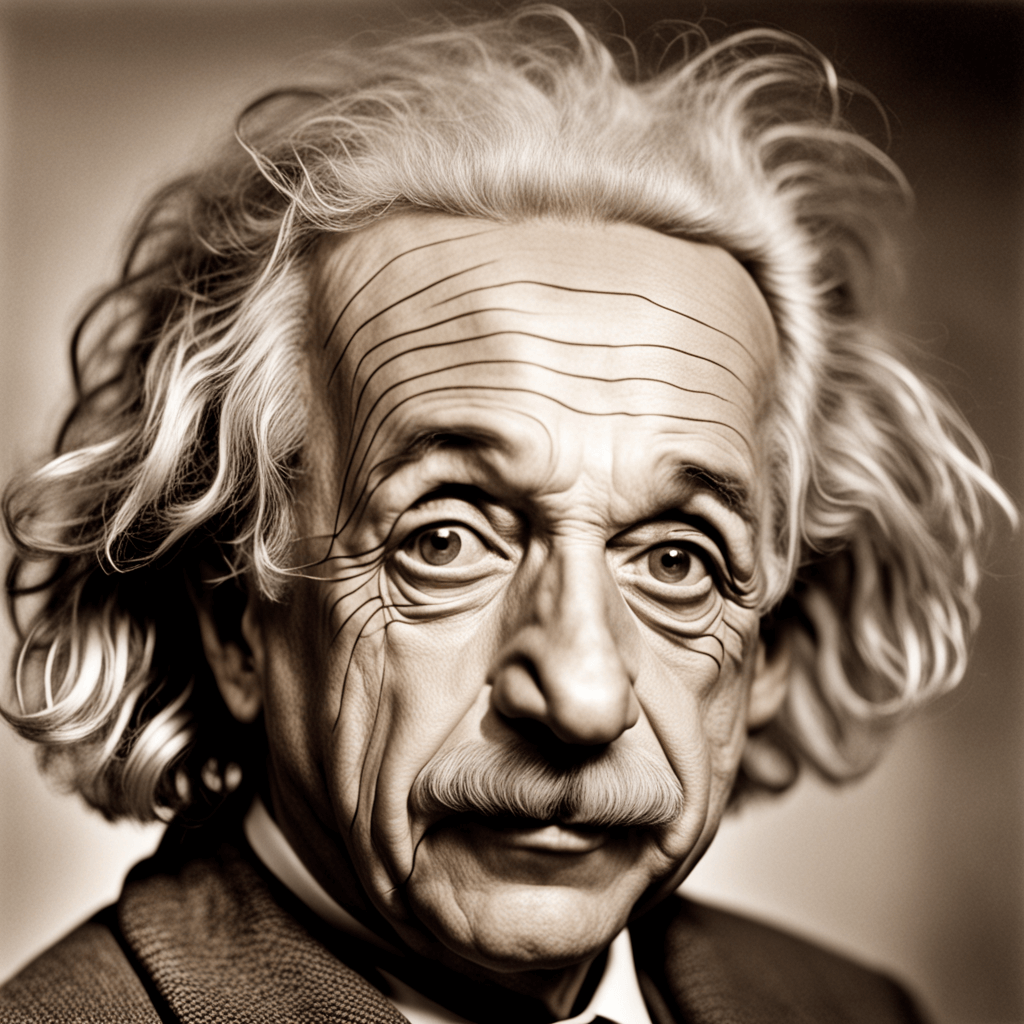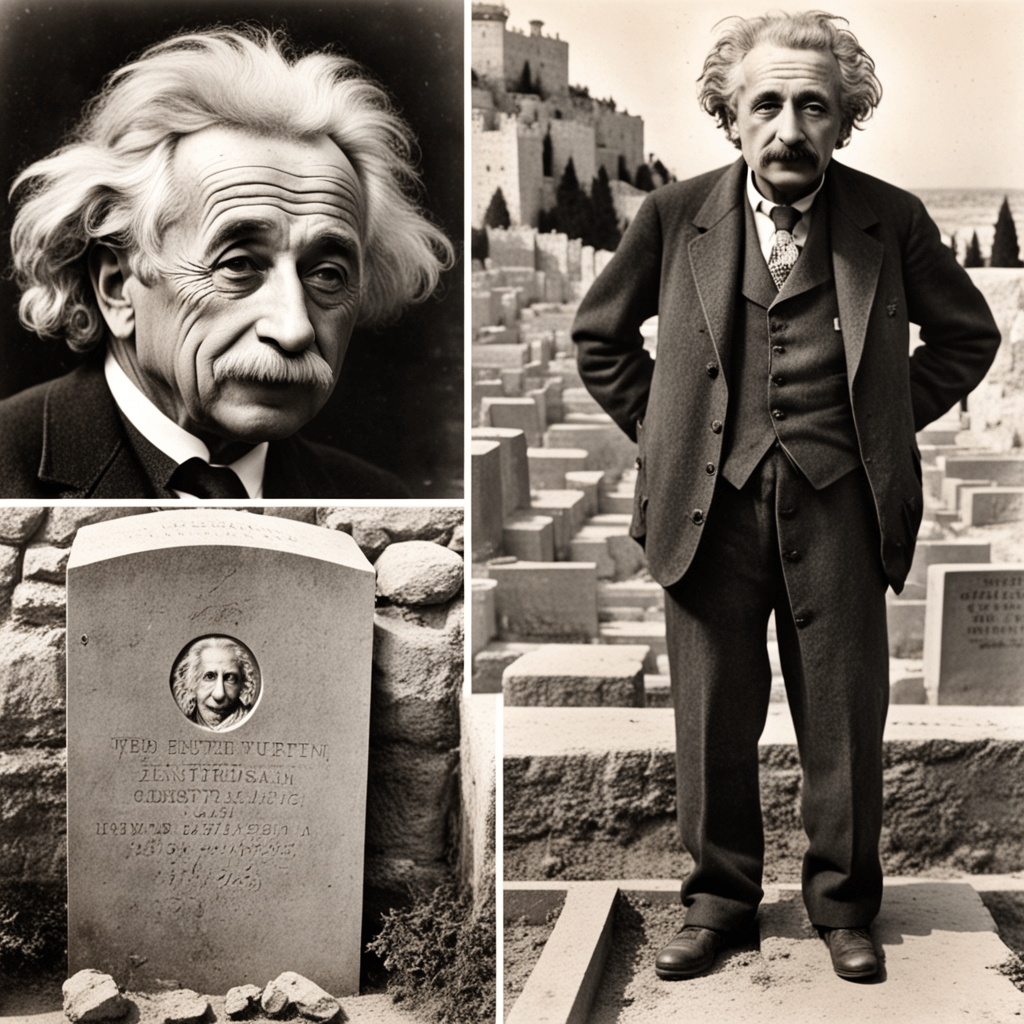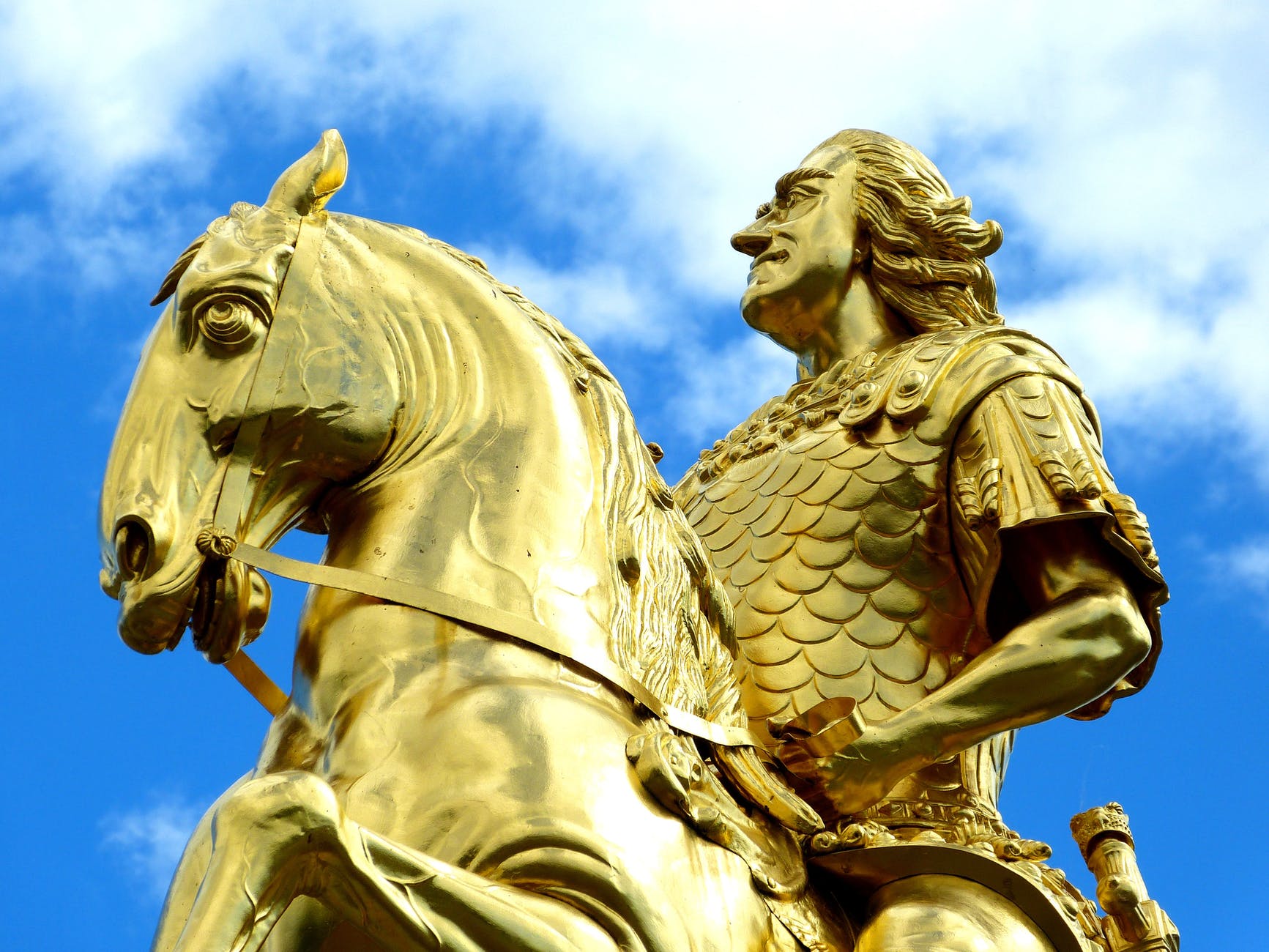Albert Einstein was a German-born physicist who revolutionized the way we understand the universe. With his groundbreaking theories and discoveries, he changed the face of physics and inspired generations of scientists and thinkers. In this biography, we will delve into Einstein’s life, his work, and his legacy, and explore what made him one of the greatest minds in history.

Early Life and Education
Born on March 14, 1879, in Ulm, Germany, Einstein grew up in a middle-class Jewish family. His father, Hermann, was an electrical engineer, and his mother, Pauline, was a homemaker. Einstein had a younger sister named Maja. As a child, Einstein was fascinated by science and mathematics, and he spent most of his free time reading and thinking about these subjects.
At age 10, Einstein began attending the Luitpold Gymnasium in Munich, where he excelled in his studies. He was particularly interested in geometry and algebra, and he often spent hours working on complex math problems for fun. In 1894, when Einstein was just 15 years old, his parents moved to Pavia, Italy, where he continued his education at the Swiss Federal Polytechnic School in Zurich.
In 1896, Einstein renounced his German citizenship and became a stateless person, which allowed him to avoid military service. He graduated from the polytechnic school in 1900 with a degree in physics. After completing his studies, Einstein worked as a patent clerk in Bern, Switzerland, for several years. During this time, he completed his Ph.D. thesis on the photoelectric effect, which was a groundbreaking study that explained how light behaves as both a wave and a particle.
The Theory of Relativity
In 1905, Einstein’s annus mirabilis (miracle year), he published four papers that changed the course of modern physics. The first paper introduced the special theory of relativity, which posits that the laws of physics are the same everywhere in the universe and that the speed of light is always constant, regardless of the motion of the observer. This theory challenged the long-held belief that time, and space was absolute.

The second paper explained the photoelectric effect, which later led to the development of quantum mechanics. The third paper introduced the concept of Brownian motion, which supplied convincing evidence for the existence of atoms and molecules. The fourth paper proposed the equation E=mc², which shows that mass and energy are equivalent and can be converted into each other.
In 1915, Einstein expanded his theory of relativity with the general theory of relativity, which explains how gravity works. According to this theory, gravity is not a force but rather the curvature of spacetime caused by massive objects. This theory predicted phenomena such as black holes, gravitational waves, and the bending of light around massive objects, all of which have since been seen and confirmed.
Awards and Recognition
Einstein’s contributions to science did not go unnoticed. In 1921, he received the Nobel Prize in Physics for his explanation of the photoelectric effect. He donated the prize money to his ex-wife, Mileva Marić, who had helped him with his early research.
In 1933, Einstein moved to Princeton, New Jersey, where he became a professor at the Institute for Advanced Study. He lived in Princeton for the rest of his life, becoming a U.S. citizen in 1940. During World War II, Einstein played a crucial role in the development of the atomic bomb, writing a letter to President Franklin D. Roosevelt warning him of the possibility of Nazi Germany developing nuclear weapons.
Famous Quotes
Einstein was known for his wit and wisdom, and many of his quotes have become famous. Here are a few examples:
- “Imagination is more important than knowledge. Knowledge is limited. Imagination encircles the world.”
- “The only thing that interferes with my learning is my education.”
- “The universe is not only stranger than we think, but also than we can think.”
- “The only thing that counts is the will to do something. The rest is mere talk.”
Personal Life
Einstein married twice, first to Mileva Marić in 1903, and then to Elsa Löwenthal in 1919. He had two sons with Mileva, Hans Albert, and Eduard. His marriage to Elsa was happier, and they remained together until his death.
Einstein was known for his simplicity and humility. Despite his fame and genius, he lived a modest life, preferring to spend his time thinking and working rather than indulging in luxuries. He was also an enthusiastic advocate for peace and human rights, speaking out against racism and nationalism.
Later Years and Death
In his later years, Einstein continued to work on his theories, including his attempt to develop a unified field theory, which would explain all the fundamental forces of nature. However, he never achieved his goal, and the theory stays incomplete.
On April 18, 1955, Einstein died in Princeton, New Jersey, after suffering an abdominal aortic aneurysm. He was 76 years old. His brain was removed during an autopsy and was preserved for scientific study. It has been said that his brain was different from the average brain, with a larger-than-average corpus callosum, which may have contributed to his exceptional intelligence and creativity.
Legacy
Einstein’s impact on science and society cannot be overstated. His theories have influenced every aspect of modern life, from medicine to technology to philosophy. He is considered one of the most influential people of the 20th century, and his name has become synonymous with genius.
His legacy extends beyond science as well. Einstein was an enthusiastic advocate for peace and human rights, and his influence can be seen in the civil rights movement and the fight against racism and discrimination. He was also a gifted musician and enjoyed playing the violin in his spare time.
Conclusion

Albert Einstein was a brilliant physicist whose theories transformed our understanding of the universe. He was an enthusiastic advocate for peace and human rights, and his legacy continues to inspire us today. His intelligence, creativity, and determination serve as a model for anyone who looks to make a positive impact on the world. As we continue to explore the mysteries of the universe, we can draw inspiration from Einstein’s remarkable life and achievements.



